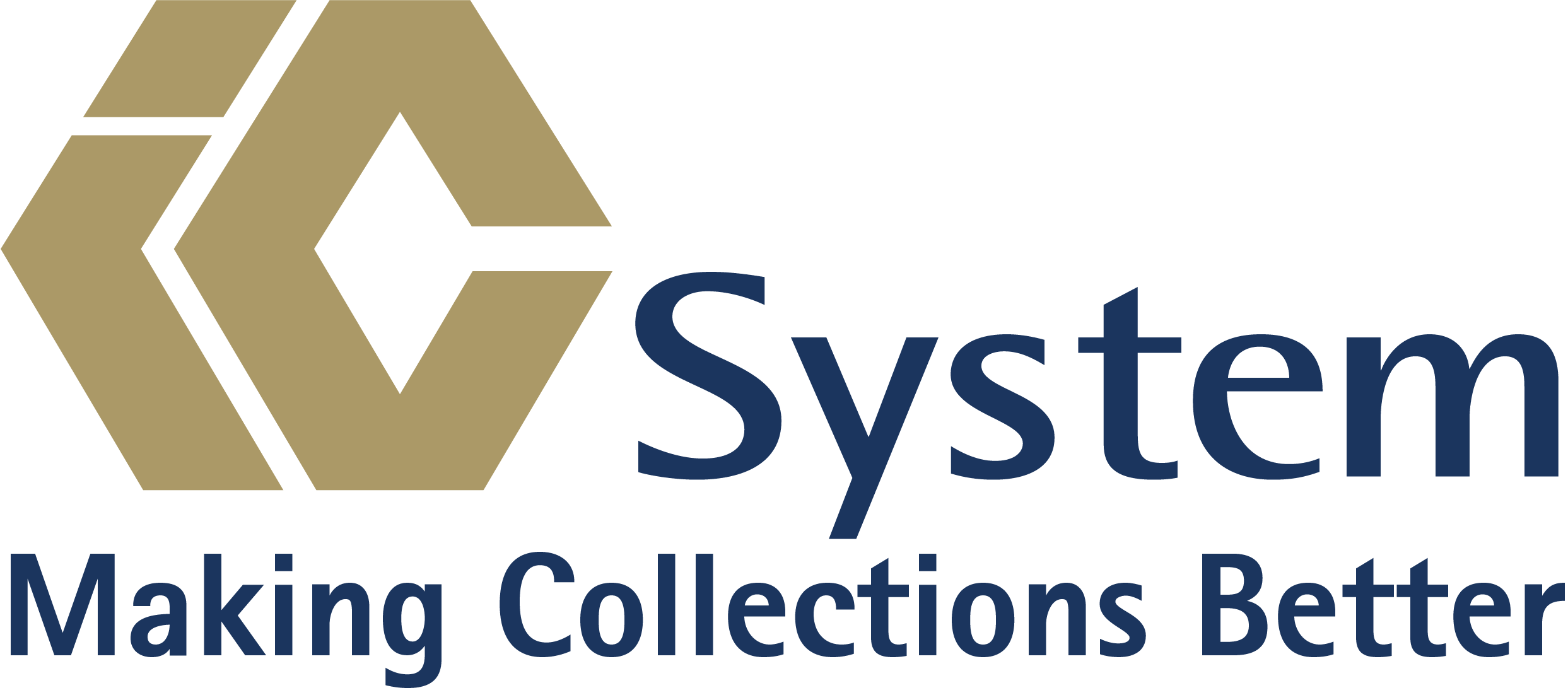IC System’s New Survey Listens to Consumer Feedback

IC System has a new consumer survey known as CSAT, short for Consumer Satisfaction. This post-call survey helps IC System gauge whether consumers who have been submitted into collections feel that our company’s representatives have met their needs and treated them with respect. The survey, unprecedented in the collection industry, asks consumers for their feedback and provides IC System with an objective view into our call quality and ability to create a positive consumer experience.
The surveys were the idea of our company’s president, John Erickson Jr., who realized that IC System’s stringent call quality standards were nonetheless a method of self-scoring, therefore not a subjective means of grading our performance. In other words, if IC System defines the criteria of a good call, who’s to say our definitions are accurately representing the consumer? “We were doing a good job of patting ourselves on the back,” said Erickson Jr. about our call quality scoring. “But we weren’t asking consumers how they felt about our interactions with them.”
From Concept to Consumer
In 2017, Erickson Jr. assigned a team at IC System to investigate the possibility of implementing a post-call survey. You know the sort—you’ve probably taken them for your bank, phone company, internet provider, or other service vendors. They ask you at the beginning or end of the call whether you’re willing to take a short survey and, after you confirm that you will, you answer a few simple interactive voice response (IVR) questions about your experience.
A team headed by Tim Scholl, IC System’s Call Center Supervisor and Audit Strategist, worked with our contact center solutions partner, LiveVox, to develop a solution. LiveVox, having experience with such surveys, launched a prototype of the current survey in July 2017.
Over the next year, Scholl continued to work with LiveVox to improve the post-call consumer survey logistics for maximum participation. IC System soon launched a new version of the platform in which the IVR asked inbound-calling consumers whether they were willing to take a short, five-question survey. Additionally, IC System representatives ask consumers to take the survey on outbound calls. By asking the consumer to participate in the CSAT on both inbound and outbound calls, the consumer was made aware of the survey before or during their interaction with a representative; thus they were more likely to complete it.
The Response
Data from more than 15,000 completed surveys per month, combined with IC System’s robust data warehouse, provided IC System’s Analytics and Call Quality (CQ) teams with data that revealed several promising results.
Consumers in collections were asked, “Are you satisfied with how IC System is handling your account?” In response, over 95% of consumers have said “yes.” Consumers were also asked, “Did our representative treat you professionally?” More than 99% of consumers responded that they feel IC System treated them professionally.
What do the CSAT results tell us?
Such positive results seem to validate IC System’s consumer-friendly approach to collections. We believe we’re treating consumers with respect, and they think it too. But beyond reinforcing our current philosophy, what can we take from this? How can we strive for constant improvement using the survey data that we’ve collected for several months?
“For now,” Scholl said, “we’re able to flag negative survey responses for further CQ scrutiny. If a consumer answers ‘no’ to all the survey questions, our CQ team knows to take a closer look at that call.” While those rare, as low-scoring calls are often the result of consumers who are understandably frustrated by their situation, our CQ team is on hand to make sure our representative handled the situation professionally. “So,” continued Tim, “CSAT helps us address potentially negative calls right away.”
Giving consumers a voice helps us understand them better. Moreover, Scholl pointed out, “We also want to tie it back to the success of our recovery efforts. We already know that higher CQ scores are two times more likely to elicit payment, but we want to be able to see if the propensity to pay goes up when CSAT scores are at a certain point. That will help us improve our collection efforts in terms of both recoveries and consumer satisfaction, which we know go hand-in-hand.”
By giving consumers the tools to rate our performance, IC System’s CSAT helps guide our company toward even more effective collections with even greater empathy and understanding.
About the Author: Eric Johannes








